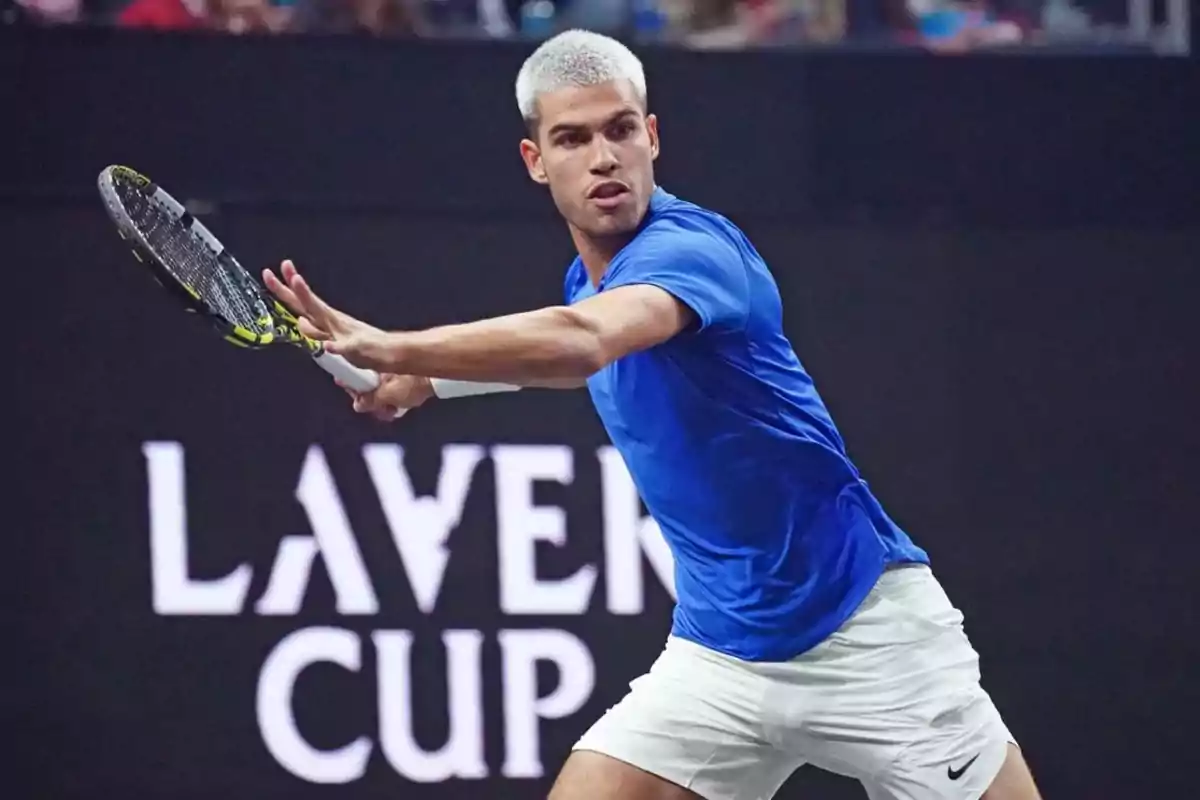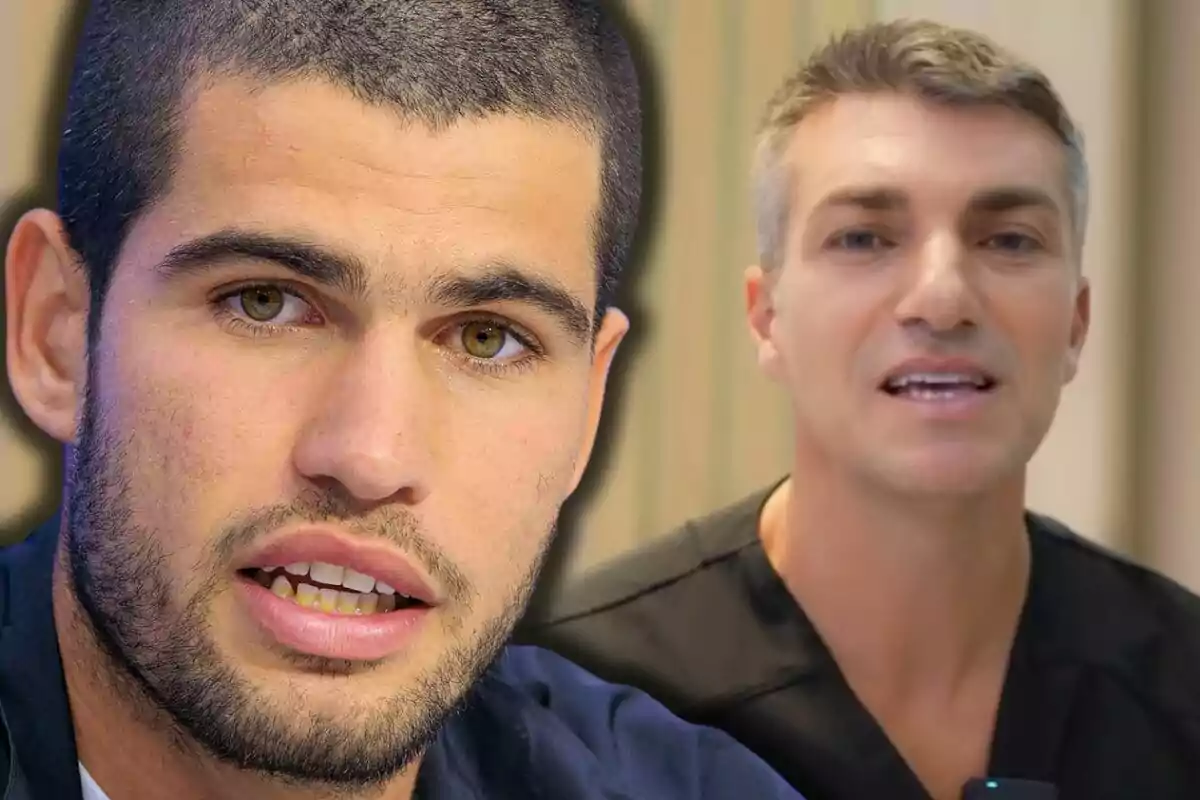In the world of elite sports, few names inspire as much trust as Dr. Juanjo López, a specialist in orthopedic surgery and sports traumatology. He is recognized for being Carlos Alcaraz's doctor, and his philosophy has gone beyond the limits of the courts to become a wellness guide applicable to anyone.
"I lived with pain and from time to time I had to take medication," López himself admits in an interview with La Voz de la Salud. With the sincerity that characterizes him, he explains how to transform chronic pain and fatigue into energy and balance through good habits. What led him to this transformation, and how does he manage to apply it even in the routine of a champion like Alcaraz?

The medicine of habit: how Carlos Alcaraz's doctor turned pain into energy
Dr. López has worked in hospitals, but it was the lack of time in public healthcare that opened his eyes. "I saw 69 patients in one morning," he recalls. In that frantic pace, he understood that one can't heal without teaching prevention, and that the best medicine is the one each person applies in their daily life.
In 2024, he published the book Habits to Be Number 1, a guide that goes beyond sports to focus on real health, the kind that matters every day. López distinguishes between the "professional number one" and the "personal number one." His goal is for each person to achieve a healthier, more stable, and happier life, without depending on medications or impossible routines.
He himself was sedentary for years, believing that a couple of runs per week were enough to keep in shape. "I thought I was doing sports because I went running a couple of times a week. I always lived with pain and from time to time I had to take medication," he confesses.
For López, physical exercise is the master habit. "It brings benefits at every level," he asserts, but he also warns that it's not about going out to run without guidance, but about doing it wisely. "We should put ourselves in the hands of professionals to avoid injuries and progress safely."
For him, small gestures are what truly build health: taking the stairs, walking to work, or avoiding the elevator are his daily routines. "Everything adds up, we need to move more and accept a certain discomfort from time to time." This way, prevention stops being theory and becomes daily practice.
Rest is another of his pillars, and he advocates the pattern of sleeping at night and taking a short nap as a secret to longevity. "Countries that follow this live longer," he explains. He recommends sleeping on your side, turning off screens two hours before, and replacing them with reading: "It helps us wind down little by little."
As for nutrition, his message is clear: go back to what's real. "We're bombarded by food that's supposedly healthy but isn't," he states. He advocates for local, seasonal, and label-free products.
He also practices intermittent fasting three or four times a week. "It prevents the glucose spikes that cause hunger and fatigue. But it's not for everyone; it depends on the body and the moment."
Carlos Alcaraz, the best example for Juanjo López
His work with Carlos Alcaraz is living proof that habits shape both the body and the mind. "Carlos is a prodigy, but he still has room for improvement. Everyone on his team is older, and we try to instill the value of habits in him," the doctor explains.
López insists that success doesn't depend only on training, but on a balance between nutrition, rest, nature, and mental strength. "Once we had a day off, and instead of going to the movies, we looked for a place in nature to walk," he says. "Vitamin N, as he calls contact with nature, improves immunity and promotes relaxation."
López asserts that the secret is to keep things simple even when you reach the top. He says that training in the cold, eating what you should, or choosing to sleep earlier are the sacrifices that make the difference between being good and being the best. "Number one is built with habits," he acknowledges.
Juanjo López's philosophy sums up a powerful idea: habits are the foundation of all health and all success. His work with Carlos Alcaraz shows that well-being isn't achieved by luck, but with consistency, balance, and purpose. In times of chronic stress, his message sounds more necessary than ever: moving, resting, and eating well can be the pillars of a fulfilling life.

